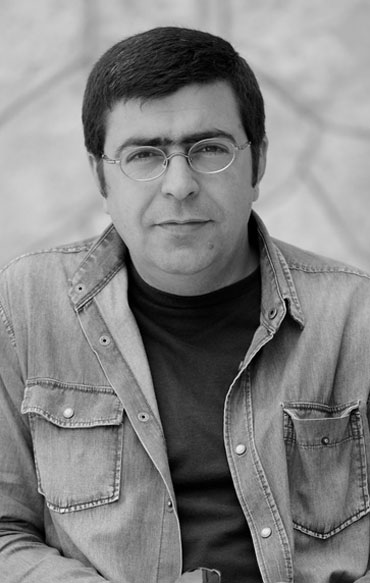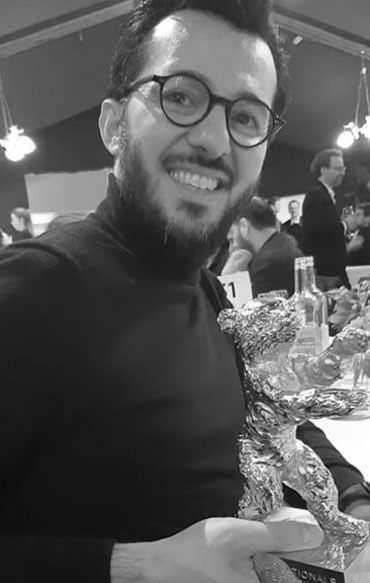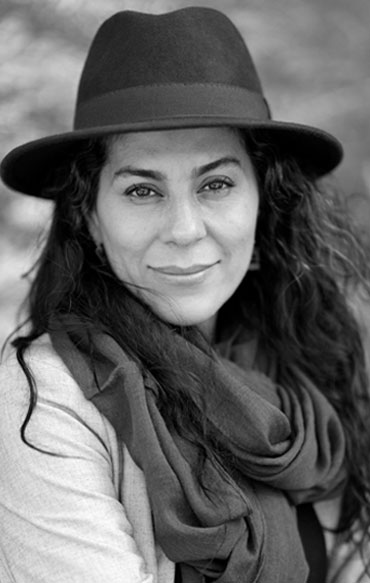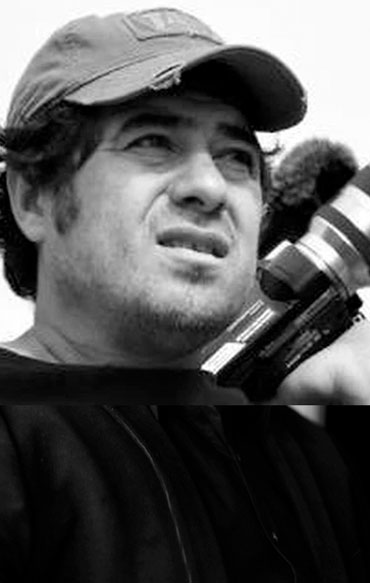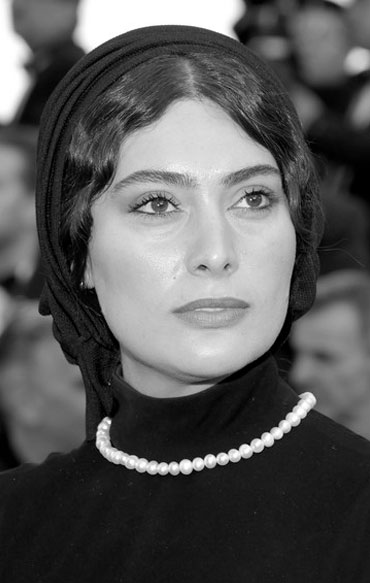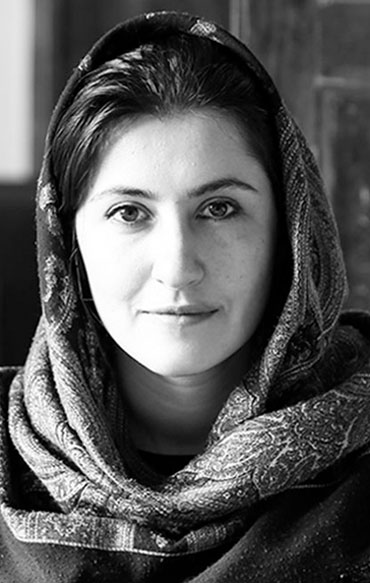Born in 1973, Majid Barzegar holds a BcA. in film studies and MgA. in literature. His first feature film, Rainy Seasons, was included in the main competition at film festivals in Rotterdam, Montreal and Zlín. For his film Parvíz, Barzegar received a Special Recognition at the San Sebastian International Film Festival in Spain. His latest film, A Very Ordinery Citizen (Czech-Iranian co-production), is an example of a very distinctive narrative style and film language.
Ashkan Najafi
Ashkan Najafi was born in 1983 in Tehran. He began his career as a journalist with special focus on the liberalization and reform movements in Iran. He immigrated to Germany in 2005, where he studied Film and Media Technology at the University of Hamburg. The Red-Hatchback is his first feature film.
Mahnaz Mohammadi
Well-known for her provocative documentaries on social issues as well as her tireless activism, Iranian director Mahnaz Mohammadi has made headlines in the likes of The Guardian, the Hollywood Reporter or Variety, and has been supported by Amnesty International and French Directors Guild (Société des réalisateurs de films) among others.
Mohammadi wrote and directed her first short documentary, Women without Shadows, in 2003. She instantly received praise at international film festivals for her depiction of homeless and abandoned women in a state-run shelter and continued documenting everyday lives and struggles of people on her next couple of films.
The award-winning feature documentary Travelogue was shot on a train going from Tehran to Ankara, where Mohammadi questioned passengers about the reasons why they decided to flee the country. The film premiered in 2010 at the “A Day in Tehran” event in Paris, with the director in attendance, which became one of the the reasons for Iranian authorities to ban Mohammadi from leaving the country and from producing any more films.
At the time, Mohammadi was already considered a public enemy, her passport was withheld by the court, and her home was searched. The authorities also confiscated her work and filming equipment along with other personal belongings, while banning her from working as a filmmaker. Several of her films have been banned in Iran.
In 2011, she starred in Reza Serkanian’s drama The Momentary Marriage and was invited to the 64th Cannes Film Festival, but was not allowed to attend. French filmmaker Costa-Gavras read a letter she sent, including the famous words, “I am a woman, I am a filmmaker, two sufficient grounds to be guilty in this country.” In June, she was arrested and jailed in Tehran’s infamous Evin Prison. A month later, she was released on bail.
On June 7, 2014, Mohammadi was arrested again, and faced a five-year-long prison sentence for “endangering national security” and distributing “anti-regime propaganda”. State authorities accused her of working with BBC Persia, al-Jazeera English, and other international networks and media: a charge that more or less equals espionage in Iran’s legal system. Mohammadi denies ever having worked with any of said media.
The French Directors Guild launched a petition demanding Mohammadi’s release, the first signatories including Costa Gavras, Gilles Jacob, Reza Serkanian, and Bertrand Blier. She was released after two years thanks to her friend, a famous Iranian actor´s intervention and went on to work on her first feature film together with Mohammad Rasoulof.
Kamran Heidari
Kamran Heidari Was Born In Gachsaran, Near Shiraz In 1978 .
He Is A Freelance Documentary Filmmaker And Photographer, With An Interest In Street Photography, Graffiti And Ethno-Music. His Work Focuses On Film And Photography About The People Of Shiraz (Fars Province) And The South Of Iran.
“My Name Is Negahdar Jamali And I Make Westerns” (2012), His First Feature medium Length Documentary Was Screened In Many Festivals Around The World, Among Which Busan International Film Festival And Rotterdam.
Soudabeh Beizaee
Soudabeh Beiza’ee is a Persian literature graduate from Ahvaz University. She started her career by playing in feature films (A Man of Integrity – Un Certain Regard 2017). Then she began writing screenplays. While she was doing research for a screenplay, she became interested in the documentary cinema. Like My Name Pegah is her first documentary.
Suzan Iravanian
Suzan Iravanian was born in 1985 in Shiraz, Iran. She holds a B.A. in Art and Architecture from Shiraz Art and Architecture university and also received an M.A. in filmmaking from New York Film Academy in 2009 and an M.A. in Cult Film & Television from Brunel University in 2012.
Since 2009 Iravanian has been involved in writing short stories and the production of short films and documentaries and in 2015 after receiving a very good feedback for the story she had written for her Oxford creative writing course she started the pre-production of her first feature film based on that story.
Iravanian is also a photographer and graphic designer.

